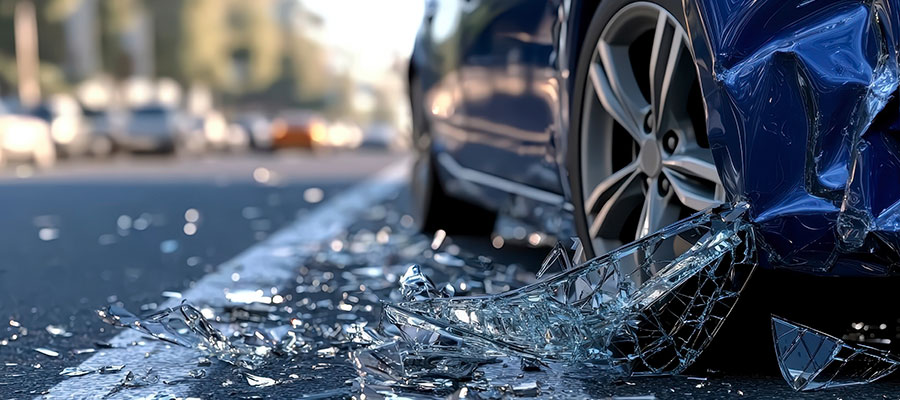A Felony Charge That Moves Fast
Vehicular assault is a serious charge in Washington—it’s a felony that comes with steep consequences. It’s the kind of charge that tends to be covered by the media; it’s the kind of charge that can encounter a legal system already moving toward a conviction before you even begin a defense. If you were in an accident where someone was seriously injured, and alcohol, drugs, or unsafe driving is alleged, you can be charged with a Class B felony, even if the incident was unintentional.
A conviction doesn’t just mean prison time. It can mean the loss of your driver’s license, career, and reputation. These cases move quickly. If you’ve been arrested or contacted by police about an accident, you need a defense attorney now—not later.

What Is Vehicular Assault in Washington?
Under Washington law, you can be charged with vehicular assault if:
- You were driving a vehicle, and
- Someone suffered "substantial bodily harm" as a result of the accident, and
- You were:
- Driving under the influence of alcohol or drugs, or
- Driving in a reckless manner, or
- Driving with disregard for the safety of others
The term "substantial bodily harm" includes broken bones, deep cuts, significant head injuries, or any injury requiring extended medical treatment. The bar isn’t as high as you might think—even a concussion or a fractured wrist can meet the standard.
The Penalties Are Severe
Vehicular assault is a Class B felony, punishable by:
- Up to 10 years in prison
- Fines up to $20,000
- Felony record
- One-year driver's license revocation
- Ignition interlock requirements
- Increased insurance rates for years
If alcohol or drugs are involved, you face longer mandatory minimum sentences, especially if you have prior DUI or traffic-related convictions. And if the injured person is a pedestrian or cyclist, prosecutors often pursue the maximum.
What Makes These Cases So Threatening?
1. The Police Report Sets the Narrative
Officers at the scene often write the first and most damaging version of events. They may be working off assumptions, brief witness interviews, or incomplete data—but that version becomes the foundation for the state’s case.
2. The Prosecutor Can Overcharge
Even if your driving was just careless or you were momentarily distracted, prosecutors can pursue vehicular assault based on how the injuries are reported and whether any alcohol, prescription medication, or cannabis is suspected.
3. The "Substantial Harm" Standard Is Vague
A wide range of injuries qualify. You might assume it has to be life-threatening—it doesn’t. That ambiguity often works in the state’s favor.
4. The Media Pays Attention
If someone was seriously hurt, especially a child or pedestrian, the media can amplify the pressure on law enforcement and prosecutors to file serious charges, fast.
How We Fight Vehicular Assault Charges
We challenge every part of the case:
- Was the injury actually caused by your driving?
- Was the collision solely caused by the other driver?
- Is the medical report overstated?
- Was the blood draw legally obtained?
- Did the officer interpret prescription drug use incorrectly?
- Was this truly "reckless" or just a mistake?
These cases often come down to the details: accident reconstruction, timing, witness credibility, and the assumptions made early on. We dig into all of it.
The Stakes Are High, Don’t Wait
If you’re charged with vehicular assault, or even being investigated after a serious crash, your window to defend yourself is short and it starts now. The state has already begun building its case. The longer you wait, the fewer options you may have.
At Knauss Law, we know the stakes are high and your future is on the line Our attorneys have handled thousands of felony cases in Washington and know how to challenge weak assumptions, flawed reports, and rushed investigations.
Call us today. Don’t let a single moment define your record, your reputation, or your future.

